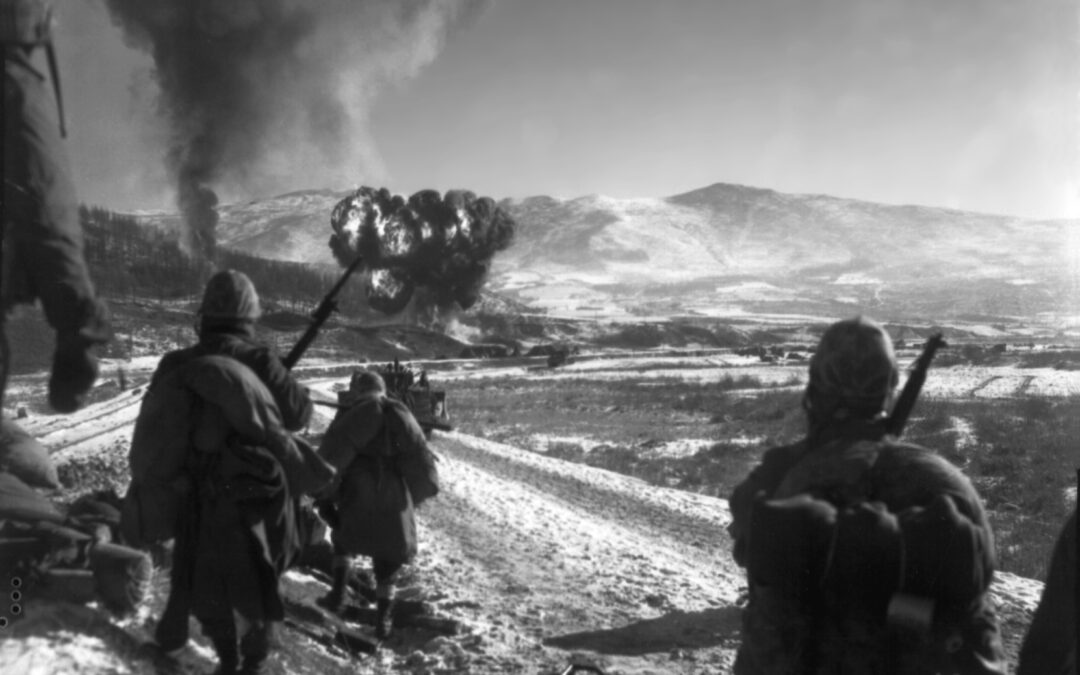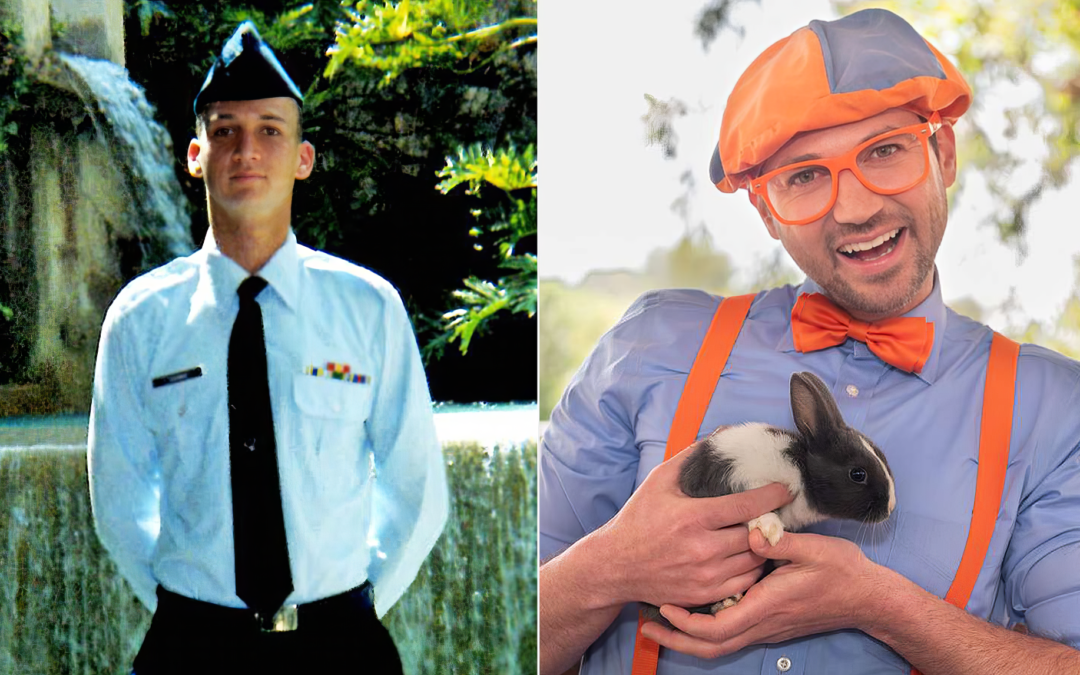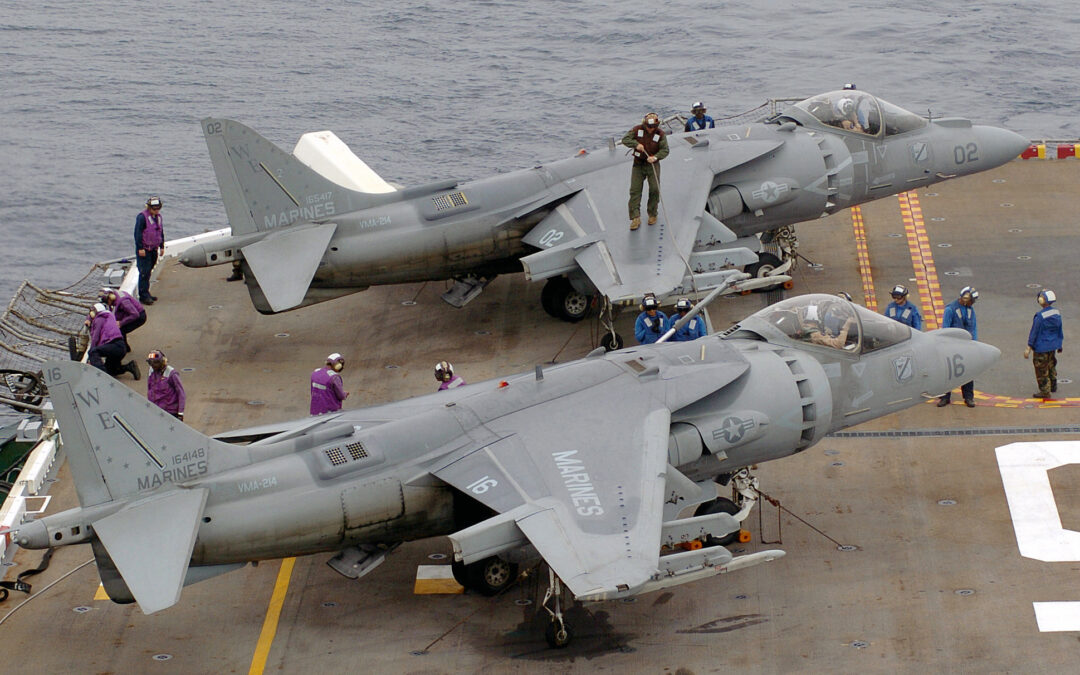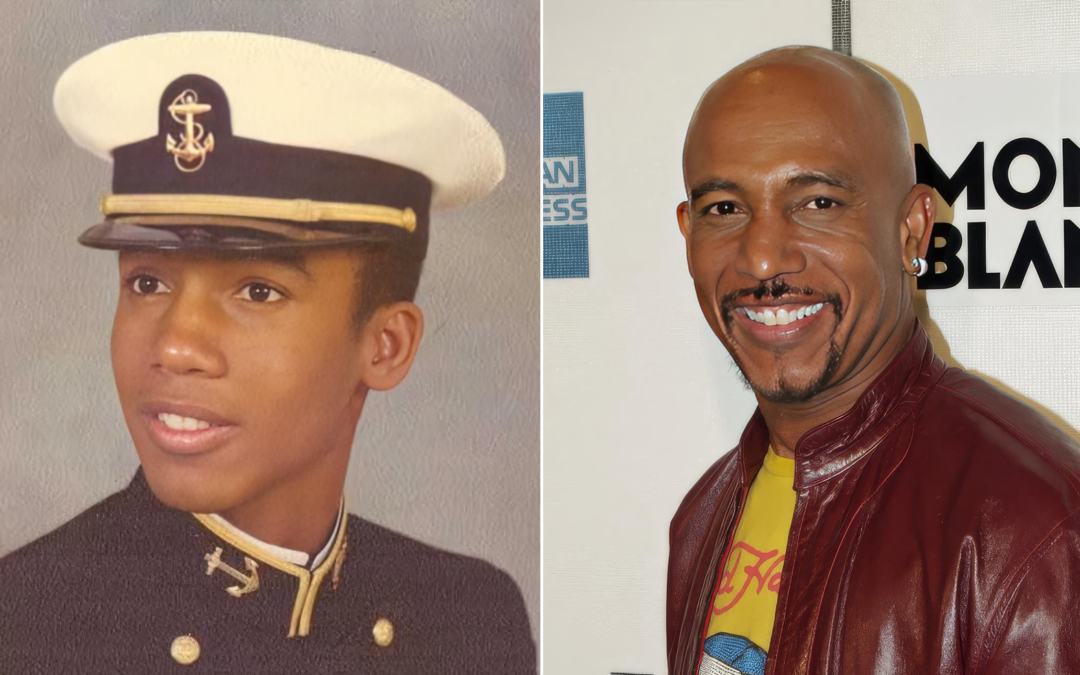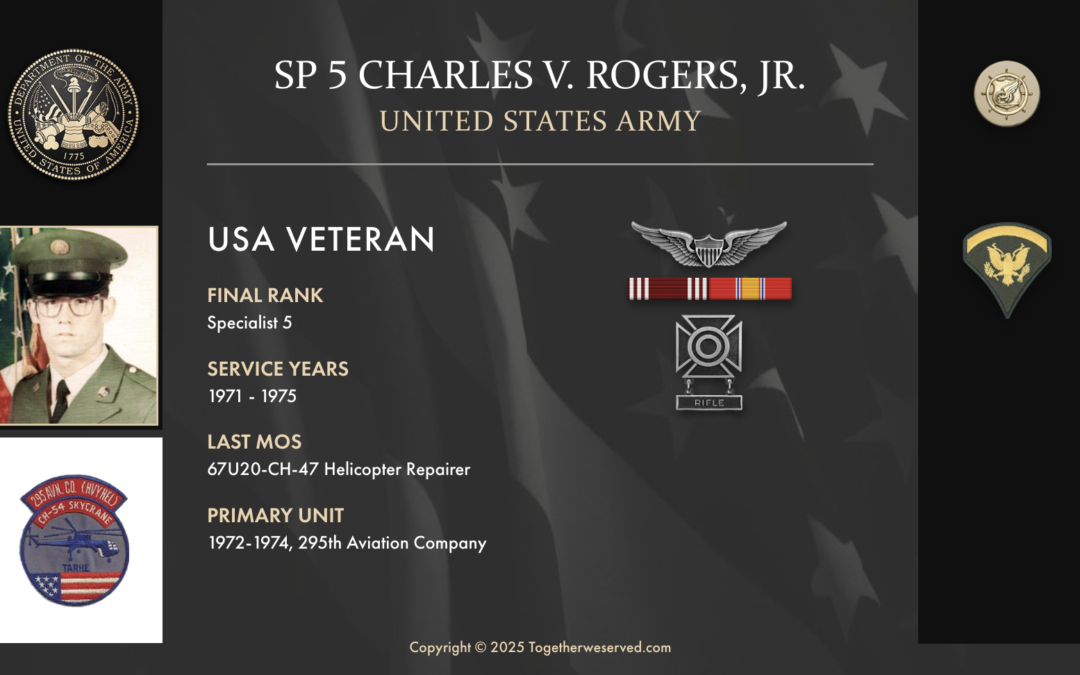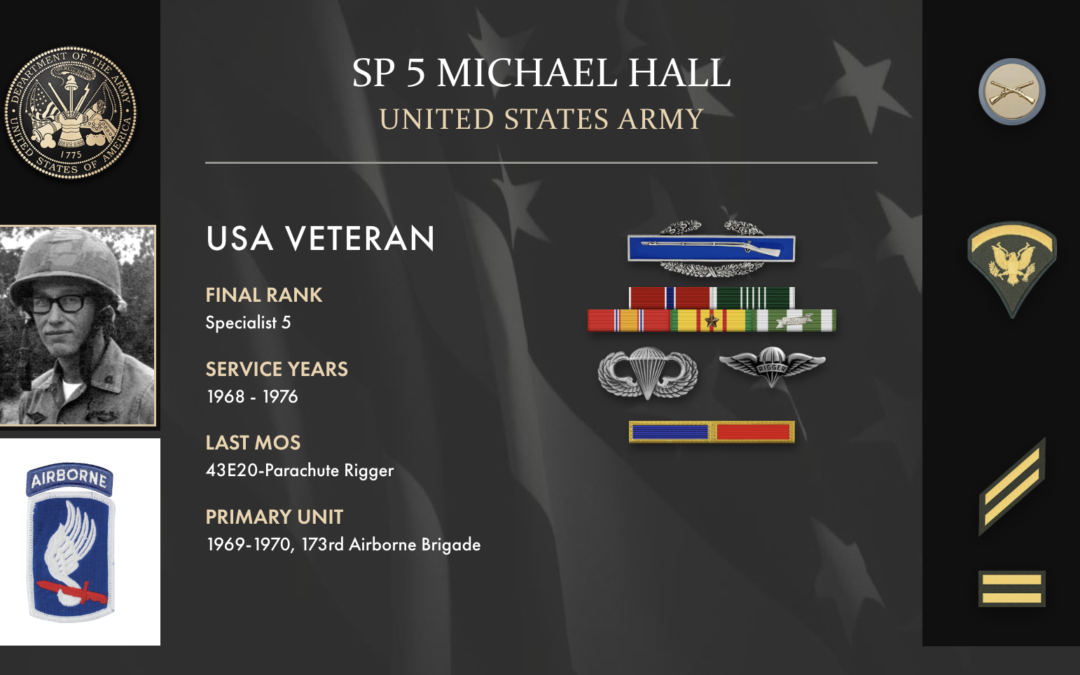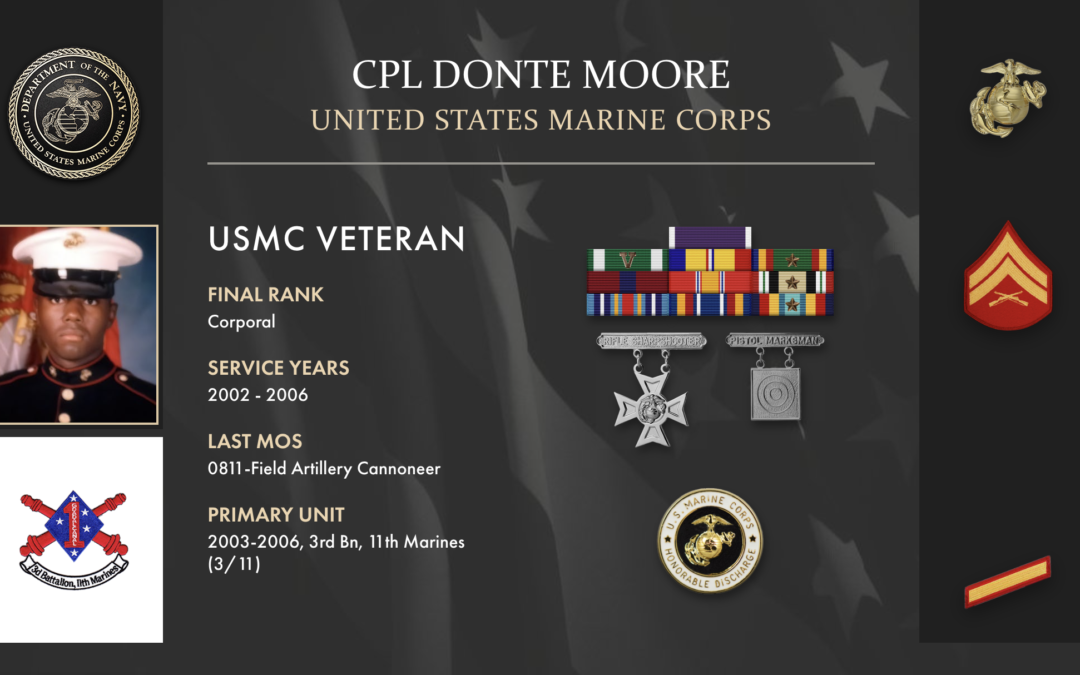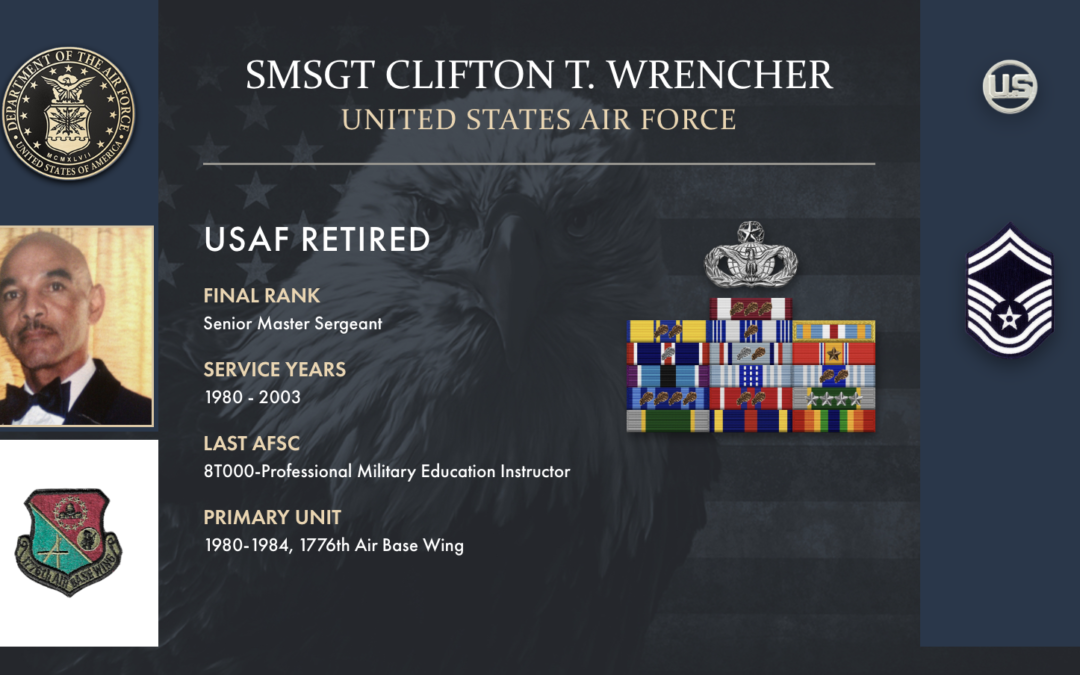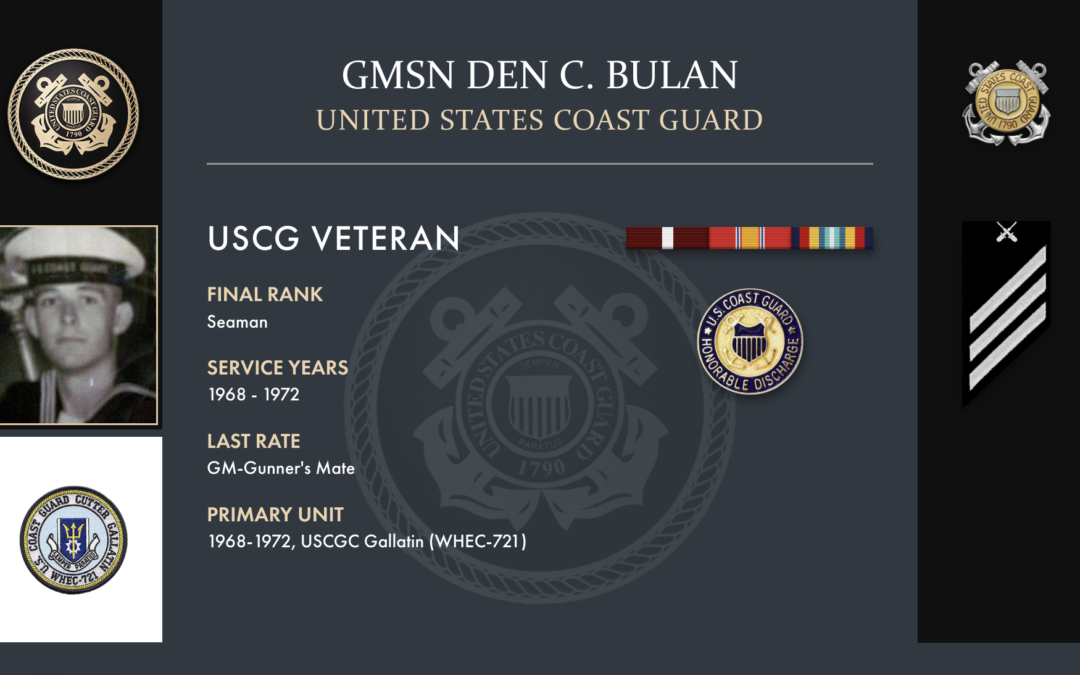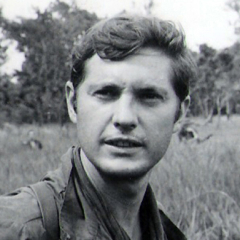Few battles loom as large in modern Marine Corps history, like the Battle of Chosin Reservoir. A massive, combined force of U.S. Marines and U.S. Army soldiers, along with troops from Britain and South Korea, suddenly found themselves surrounded, outnumbered by around four-to-one and forced to fight their way out while enduring subzero temperatures and often knee-deep in snow. The "Frozen Chosin" and Strategic Consequences The "Frozen Chosin" may not get a specific mention in the...
